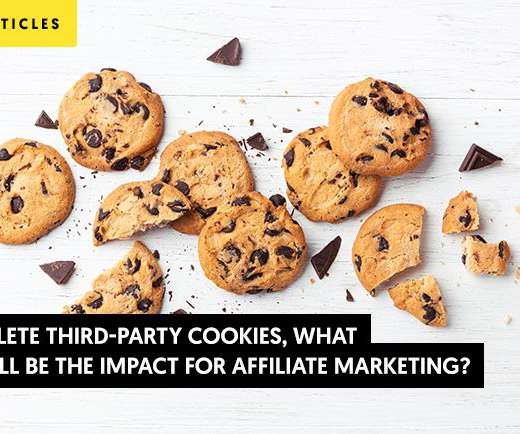Balancing Act: Navigating the Shift From Third-Party Cookies to First-Party Data Strategies
Ad Monsters
FEBRUARY 20, 2024
Given the challenges and bashing of Google’s Privacy Sandbox , a reprieve from cookie deprecation may be in the offing. The wait-and-see approach has been popular ever since Google first announced Chrome would cease to support third-party cookies back in 2019.











Let's personalize your content